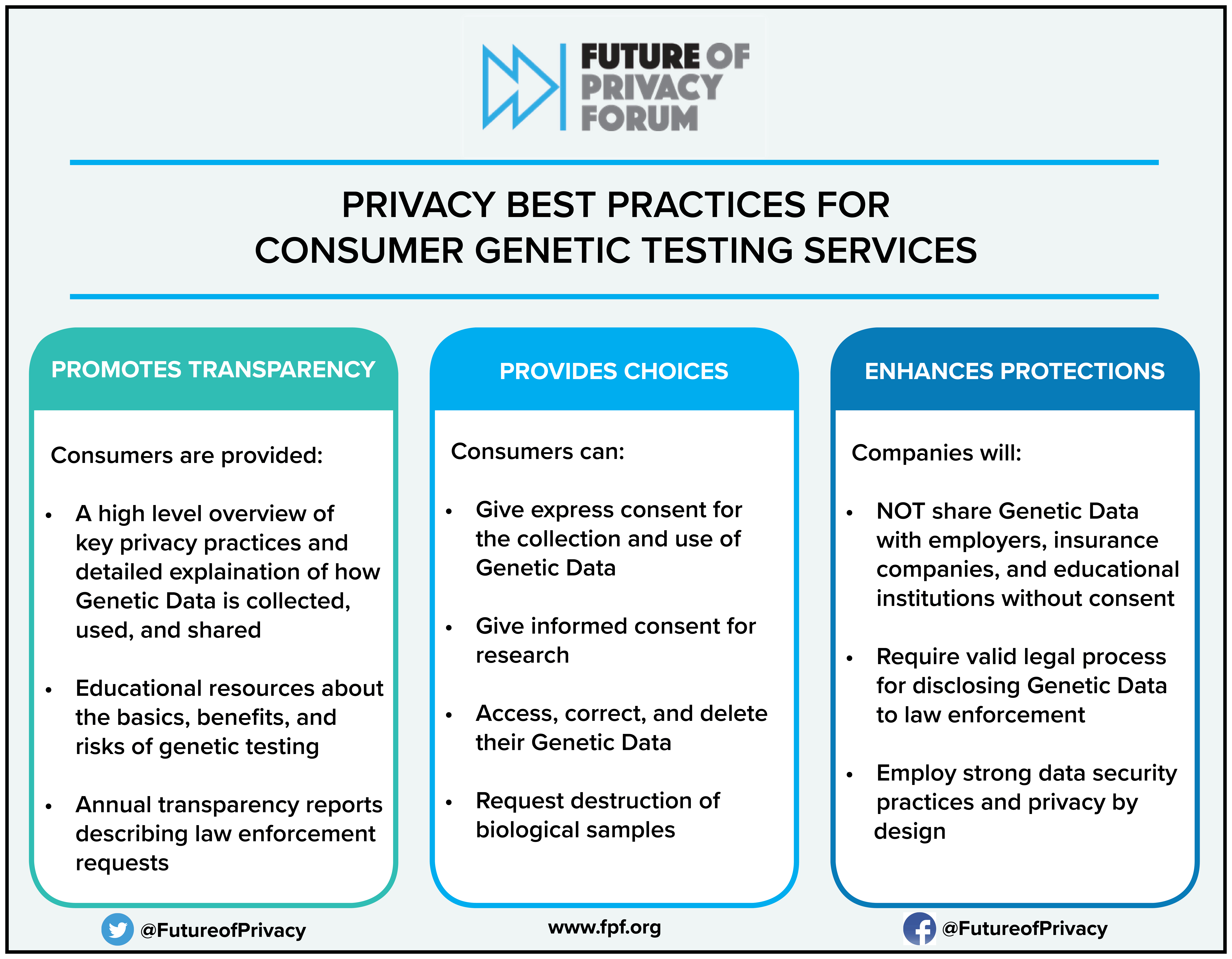Introduction:
In the realm of vehicle financing, the decision to proceed without insurance coverage poses significant risks and potential dangers. This article delves into the various hazards associated with financing a car without protection, shedding light on the consequences and urging responsible financial decision-making.
Understanding the Risks:
First and foremost, it’s crucial to comprehend the inherent risks of driving an uninsured car, particularly when it’s financed. Without insurance coverage, individuals are left vulnerable to a range of potential hazards, including accidents, theft, vandalism, and natural disasters. The financial ramifications of such events can be catastrophic, often far outweighing the initial cost of insurance premiums.
Legal and Financial Repercussions:
Driving an uninsured car not only exposes individuals to personal risk but also carries significant legal and financial repercussions. In many jurisdictions, it is a legal requirement to carry minimum levels of insurance coverage to operate a vehicle on public roads. Failure to comply with these mandates can result in fines, license suspension, or even criminal charges. Moreover, in the event of an accident, individuals may be held personally liable for damages, medical expenses, and legal fees, leading to financial ruin.
Impact on Loan Obligations:
For those financing a car, the absence of insurance can also impact loan obligations. Most lenders require borrowers to maintain comprehensive insurance coverage as a condition of the loan agreement. Failing to meet this requirement not only violates the terms of the loan but can also trigger default provisions, potentially leading to repossession or foreclosure. In essence, driving an uninsured car puts both the vehicle and the financing agreement at risk.
Financial Vulnerability:
Driving an uninsured car leaves individuals financially vulnerable on multiple fronts. Not only are they exposed to the risk of costly repairs or replacement in the event of an accident, but they may also face medical expenses, legal fees, and other related costs. Without insurance coverage to mitigate these expenses, individuals may find themselves in dire financial straits, forced to bear the burden of these costs alone.
Exploring Insurance Options:
Despite the risks, obtaining insurance coverage for a financed car is not an insurmountable challenge. There are numerous insurance providers offering a variety of coverage options tailored to individual needs and budgets. By exploring different insurance options and comparing quotes, individuals can find a policy that provides adequate protection without breaking the bank. Additionally, some insurers offer discounts for factors such as safe driving records or multiple policies, making insurance more affordable for those willing to shop around.
Mitigating Risk:
In light of the dangers associated with driving an uninsured car, it’s crucial to take proactive steps to mitigate potential hazards. This may include working with insurance agents or brokers who can provide personalized guidance based on individual circumstances. Additionally, exploring alternative financing arrangements or negotiating terms with lenders may offer viable solutions for those struggling to obtain insurance coverage. Ultimately, it’s essential to prioritize financial protection and make informed decisions when it comes to insuring a financed car. Read more about not having insurance on financed car



